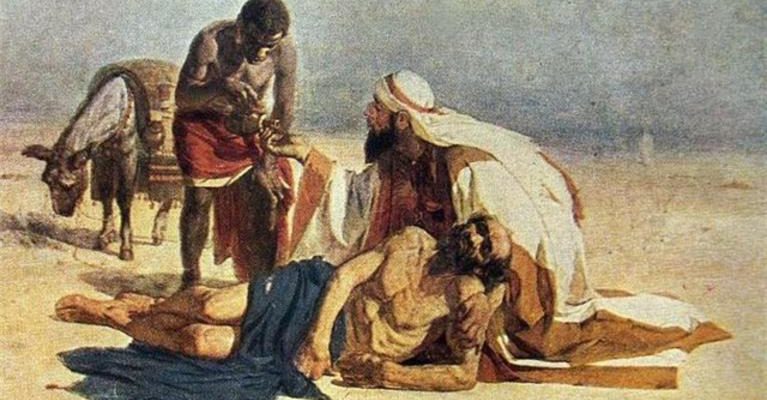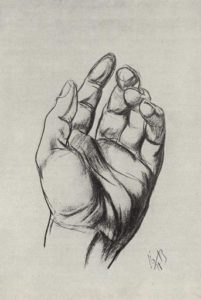What will WE do?
“Help” is the best four-letter word.
Living in a world of trauma, we see need all around us. What will we do?
Watch-listen to our two minute video (full text below).
“The Good Samaritan” is not just a nice tag line: it is a life-line.
Subscribe to “Truth in Two” videos from Comenius (here). Mark is President of The Comenius Institute (website). Dr. Eckel spends time with Christian young  people in public university (1 minute video), hosts a weekly radio program with diverse groups of guests (1 minute video), and interprets culture from a Christian vantage point (1 minute video).
people in public university (1 minute video), hosts a weekly radio program with diverse groups of guests (1 minute video), and interprets culture from a Christian vantage point (1 minute video).
Picture Credit: Snappy Goat
FULL TEXT HERE:
When it happened, some turned away, others vomited, more cried, a few collapsed.
But one, Luke Hancock, ran to hold his friend’s hand, praying for him.
In 2013 Louisville was playing in a basketball playoff game against Duke. One of the Louisville players, Kevin Ware, suffered a gruesome compound fracture; the tibia had broken, protruding through the skin. Ware screamed in pain. Paramedics ran to the scene.
But Luke Hancock was the first one there, hand-in-hand, praying for his friend.
What do we do when we see others in pain, anguish, turmoil, or trouble? “You Find Out Who Your Friends Are” is a country song that should express our answer.
Jesus’ famous story of the Samaritan who stopped by, when others passed by, should be how we stand by those who suffer. Acts 4 tells that first century Christians who had seen others in need came alongside to help. James 2 reminds readers that we should help others by meeting their physical needs. 1 John 3 implores Christians that our love is shown by offering our material goods to those who have none. Deuteronomy 15 explains that being “tightfisted” toward financial sufferers is wrong; instead, we should be “open handed.”
A statue of Jesus stands outside Christ the King Church in San Diego. The almost life-size figure is like others one might see in a cemetery, on someone’s lawn, or near a church building with one exception: the statue has no hands. It seems vandals them cut off.
The pastor decided to leave the statue as it was. A sign was erected next to the Christ sculpture, later replaced by a permanent plaque intended for Christians which read: “I have no hands but yours.”
So when we see someone in need, what are we doing with our hands?
For Truth in Two, this is Dr. Mark Eckel, President of the Comenius Institute, personally seeking Truth wherever it’s found.



Dr. Eckel,
This is a timely video for our divided, hate-filled society. Of all people, Christians should be the ones exhibiting kindness and helpfulness the most. After all, we are supposed to be like Jesus, and He is the supreme example, the paragon of paragons.
Thanks again for the lesson.
-Joshua W.